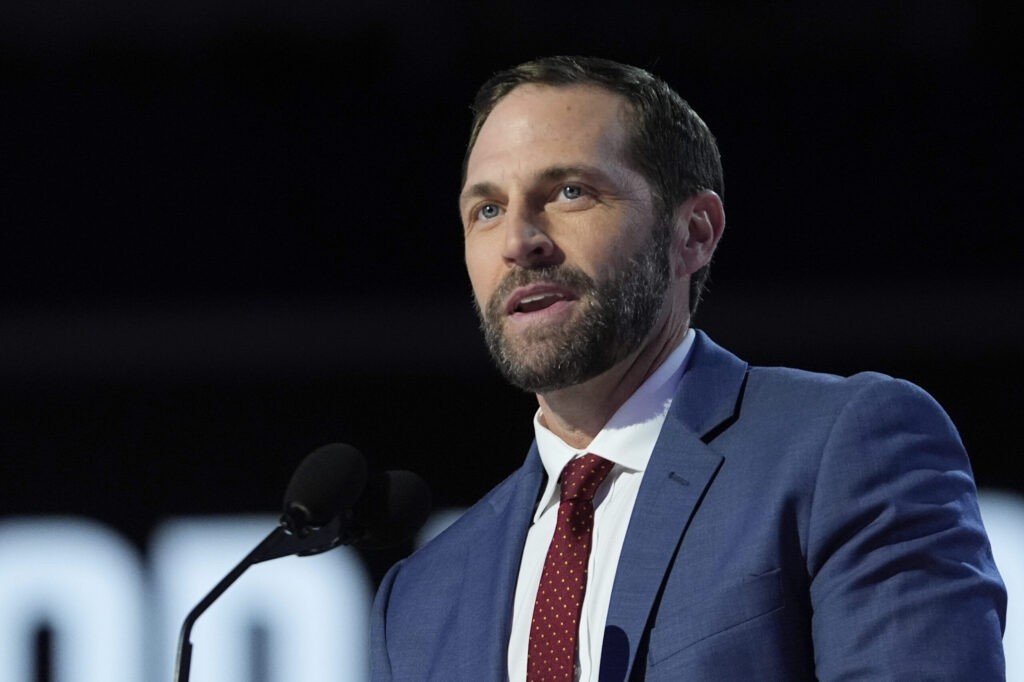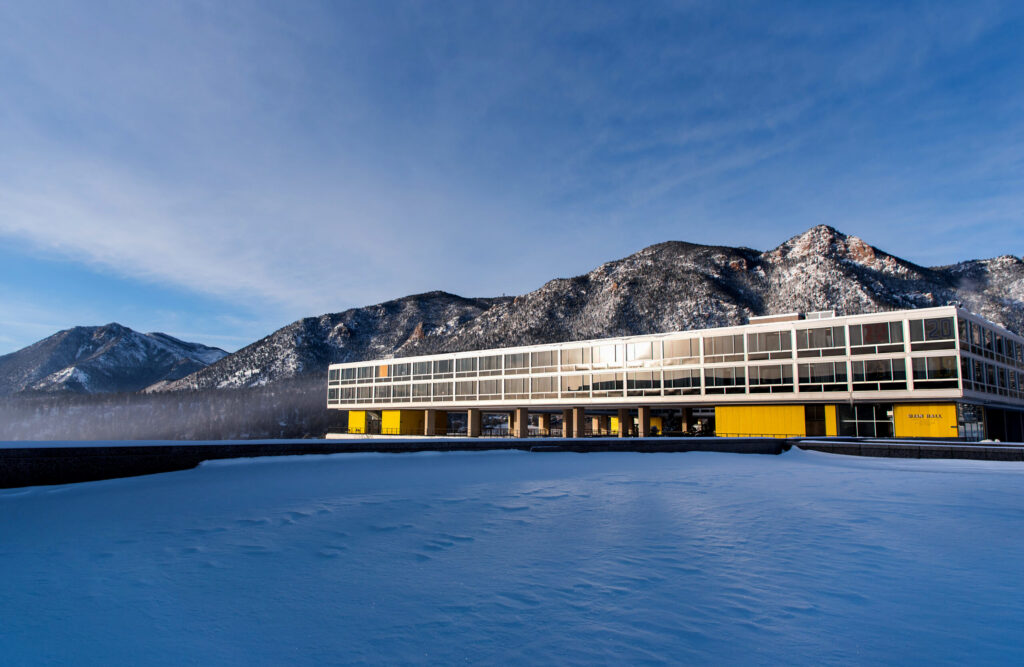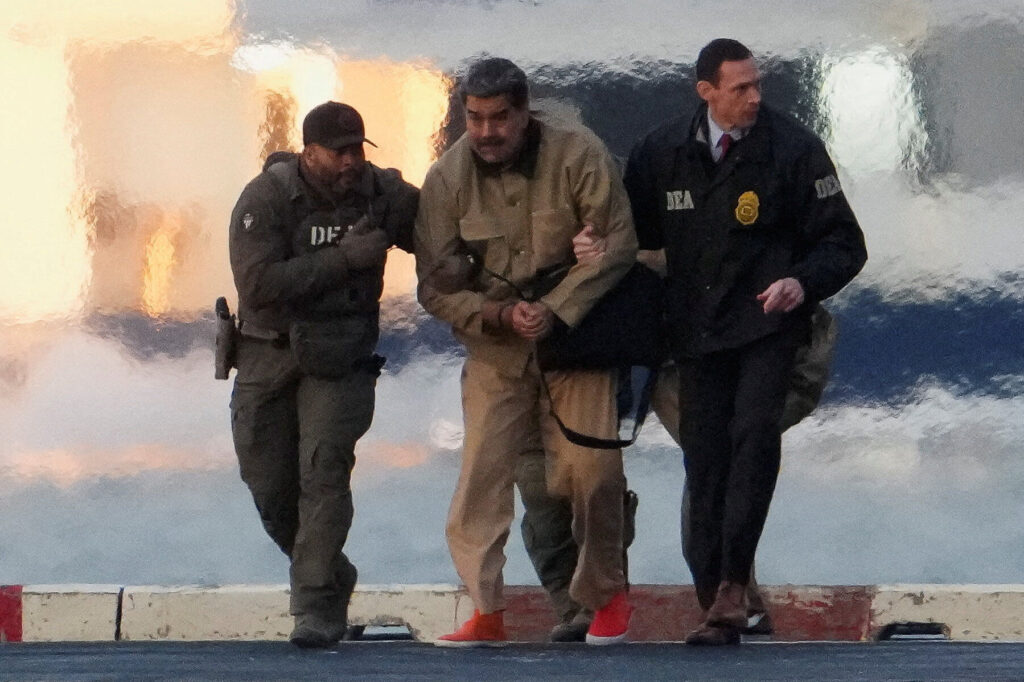Government shutdown could trigger furloughs in Colorado Springs, close Rocky Mountain National Park

A looming government shutdown could leave tens of thousands of employees in Colorado Springs without a paycheck and close many government services.
A funding bill requires 60 votes to be adopted in the Senate. Senate Republicans only have a three-seat net majority, which means it cannot pass if only the 53 Republicans in the Senate vote for it — it must have at least seven Senate Democrats vote in its favor. Sen. John Fetterman (D-PA) indicated he would vote in favor of it.
The government will shut down at 12:01 a.m. on Oct. 1 if it is not funded.
What is a government shutdown?
Congress is required to pass a series of 12 appropriations bills every year by Oct. 1 to fund the next fiscal year. The legislative body, however, has not passed any of the 12 bills ahead of that deadline.
A handful of appropriations bills have passed the House and Senate separately, but none have gone to conference committee, which is where the chambers work out the differences in their bills. Therefore, none have become law.
If Congress cannot pass a short-term funding measure to continue funding the government at its current levels, in what is known as a “continuing resolution,” the government will shut down until an agreement is reached.
Since 1980, there have been 14 shutdowns, according to the Bipartisan Policy Center. The longest government shutdown lasted five weeks during the Trump administration in 2018 amid disagreements over funding the president’s border wall with Mexico.
The government would experience a partial shutdown if Congress could only pass some but not all of the annual appropriations bills by Oct. 1.
What will be affected by a shutdown?
Nonessential government employees may be furloughed during a shutdown, as they are forced to take an unpaid leave of absence. But all federal employees will be paid once the furlough ends.
The Colorado Springs metro area was home to about 13,800 federal employees before the Trump Administration’s deferred resignation and retirement programs started earlier this year. Since those employees were still paid through Sept. 30, they are still counted as employed, explained Bill Craighead, who directs the University of Colorado Colorado Springs Economic Forum. The number also includes postal workers who will not be impacted.
The region is also home to 38,320 people in the armed forces, according to data from the U.S. Census Bureau. Those in the active-duty military and the reserves will continue to report to work and may be asked to fill in for civilian workers, according to recently issued guidance by the Department of Defense.
Military members also do not receive pay until the shutdown ends.
Whether or not a civilian working for the military will be required to work will be made on a position-by-position basis, the DOD memo said.
Some services will remain mostly as usual. Retirees will continue to see their Social Security checks during a shutdown. Medicare benefits will continue as normal, but some services may lag. Food benefits for nearly 42 million people through the Supplemental Nutrition Assistance Program will not be immediately disrupted, but payments could be affected later in the year, depending on how long the shutdown lasts.
The Postal Service will also continue normal operations.
Other essential services, including air traffic control, law enforcement, and power grid maintenance, will continue their operations. Air traffic could be affected, however, if controllers stop coming to work because they aren’t being paid for the duration of the shutdown, as occurred in the 2018-2019 shutdown.
Previous shutdowns have closed hundreds of national parks and museums, curtailed services for veterans, suspended health inspections, and pushed back immigration hearings.
The VA expects to cease some functions, including processing applications for benefits and placing headstones and maintaining cemeteries, according to its website. It will also cease public affairs functions, such as communicating with veterans via social media or responding to the media.
The VA also plans to close its call centers for GI Bill and national cemetery application assistance.
When it comes to a critical tourist destination, Rocky Mountain National Park, Gov. Jared Polis said on Monday he would be willing to use state money to work in partnership with the federal government to keep it open.
“We’re asking the Federal government to keep national parks open and staffed, or create avenues for the state to assist in keeping parks open and protected,” Polis said. “If Congress does not fund the federal government, I urge the Administration to prioritize the operations of the national parks so that they can continue to be enjoyed. Here in Colorado, we are evaluating all options, and are a willing partner if needed, to use limited State funds to keep our biggest park fully operational if necessary,” Polis said in a statement.
Rocky Mountain National Park draws 75% of the state’s park-oriented tourists. In 2021, the park saw 4.434 million visitors.
If the parks can’t be properly staffed, the National Parks Conservation Association urged the federal government to close the parks.
“If a national park has a gate or door, it must be locked until a funding deal is reached and our parks can be staffed and protected,” the statement said.
During a previous shutdown, parks saw serious damage. At Big Bend National Park in Texas, prehistoric petroglyphs were vandalized and at Joshua Tree National Park in California trees more than a 100 years old were chopped down, the statement said.
What is the debate in Congress about this year?
Republicans and Democrats have blamed each other for the possible shutdown.
Democratic leaders have advocated an extension of Obamacare subsidies, which expire at the end of the year. House Speaker Mike Johnson (R-LA) and Senate Majority Leader John Thune (R-SD) are not expected to budge because the GOP refused to include any Democratic requests.
Thune has said he is open to talking about extending the healthcare subsidies later in the year but has rejected tying them to a measure to keep the government open.
“I’m very comfortable with the position that we have,” Thune said on NBC News’s Meet the Press on Sunday. “It’s to fund the government, finish the appropriations process, and deal with the issues the Democrats want to deal with after we keep the government open.”
President Donald Trump is scheduled to meet with Senate Minority Leader Chuck Schumer (D-NY) and House Minority Leader Hakeem Jeffries (D-NY) on Monday at the White House, after previously canceling a negotiation meeting at Johnson’s urging.
Leaders in both parties ahead of Monday’s meeting said they saw room to negotiate on their funding proposals, but they expressed skepticism about the other side compromising.
“We need a serious negotiation,” Schumer said on “Meet the Press” on Sunday. “Now, if the president at this meeting is going to rant and just yell at Democrats and talk about all his alleged grievances and say this, that, and the other thing, we won’t get anything done.”
The White House budget office additionally released a memorandum that directed federal agencies to prepare for permanent layoffs if the government shuts down, which has further angered Democrats.
The House, with its razor-thin GOP majority, passed a continuing resolution that included $88 million in emergency funding to increase security for all three branches of government.













